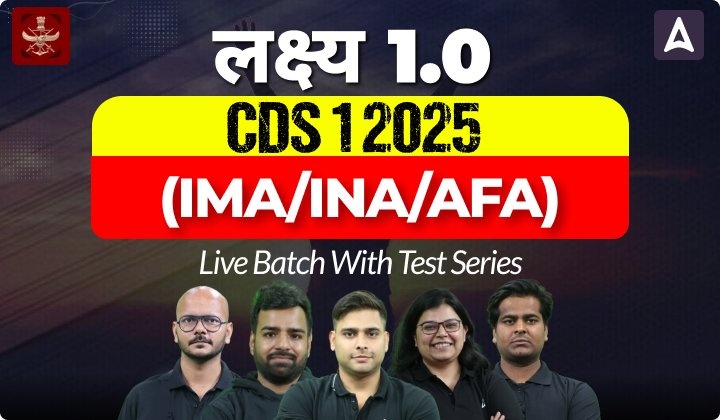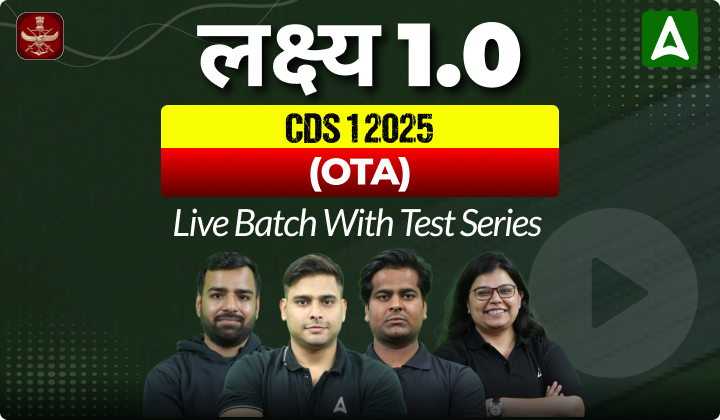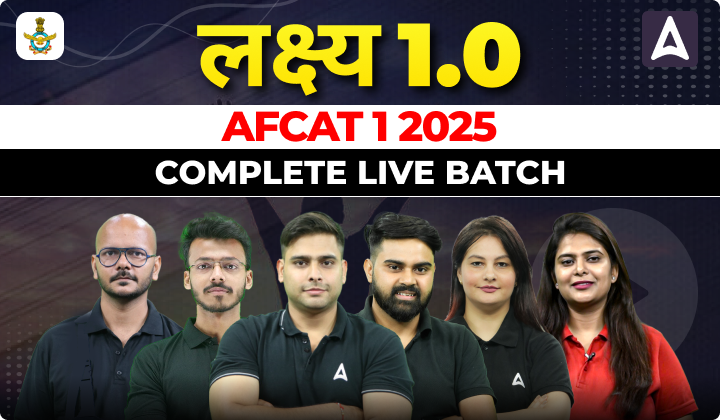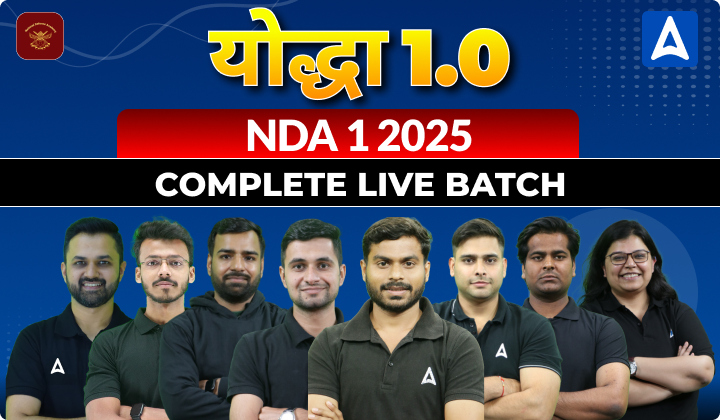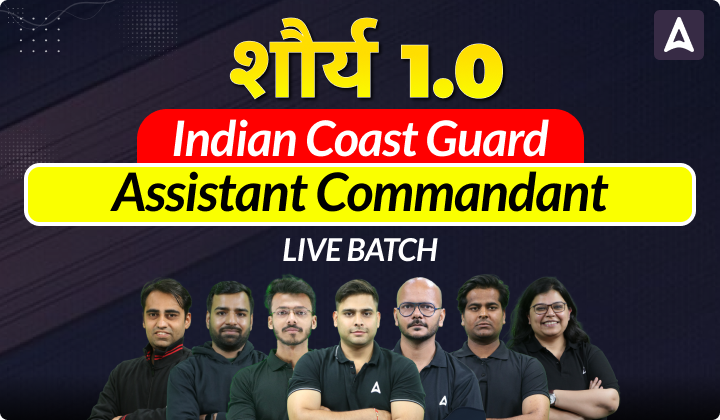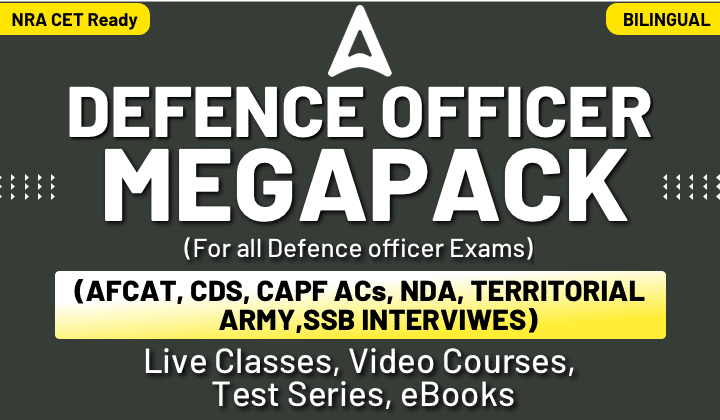The Paramilitary is a semi-militarized force whose tactics, culture, training and functions are similar to that of the Indian Armed Forces. Paramilitary forces are used for Internal Security, Border Protection, Counterinsurgency, Peacetime missions and Disaster management of the country. At times of War and other emergencies, they closely work and assist with armed forces.
There Are Seven Paramilitary Forces In India
- AR- Assam Rifles
- SPF- Special Frontier Forces
- CRPF- Central Reserves Police Forces
- ITBP- Indo-Tibetan Border Police
- BSF- Border Security Force
- CISF- Center Industrial Security Force
- SSB- Sashastra Seems Bal
History of Paramilitary Forces
Before 2011, the word Paramilitary was used to refer 8 forces that are Assam Rifles, Special frontier Force, Indian Coast Guard , Central Reserve Police Force , Border Security Force , Indo Tibetan Border Police , Central Industrial Security force and Sashastra Seema Bal.
After 2011, the above mentioned forces were divided into two parts BSF, CISF, ITBP, CRPF, SSB were called the Central Armed Police Forces (CAPF). Whereas, Assam Rifles, Indian Coast Guard and Special frontier Force were given tag of Paramilitary forces.
In Present day, there are 8 forces under CAPF. The word Paramilitary has been replaced with CAPF.
Duties of Paramilitary Forces
Roles and Responsibility of Paramilitary Forces
- Border Security: CAPFs like the Border Security Force (BSF), Assam Rifles (AR), and Sashastra Seema Bal (SSB) are primarily responsible for guarding India’s borders, ensuring they are secure and protected from external threats.
- Internal Security: They assist in maintaining internal security by protecting sensitive installations, key infrastructure, and strategic assets. The Central Industrial Security Force (CISF) is notably involved in this role.
- Counter-Terrorism Operations: CAPFs play a crucial role in counter-terrorism operations, working alongside intelligence agencies and local law enforcement to identify and neutralize terrorist threats across the country. The National Security Guard (NSG) is a specialized force primarily dedicated to counter-terrorism operations.
- Counter-Insurgency Operations: In regions affected by insurgency and left-wing extremism (Naxalism), forces like the Central Reserve Police Force (CRPF) are deployed to conduct counter-insurgency operations, restore peace, and support development initiatives.
- Law and Order Maintenance: CAPFs assist state police forces during times of civil unrest, riots, or other law and order situations, providing manpower and expertise to restore peace and ensure public safety.
- Disaster Response and Relief: They are often called upon to provide humanitarian assistance and disaster relief during natural calamities such as floods, earthquakes, and cyclones, by conducting rescue operations, distributing aid, and restoring essential services.
- Specialized Training and Capacity Building: CAPFs are responsible for training their personnel to handle diverse challenges effectively, including combat training, disaster response techniques, and crowd control measures.
Assam Rifles
AR is the oldest paramilitary force of India, tracing back to 1835 during the British Era. It is called as friends of the hill people and the sentiments of the north east. They have served in World War I, World War II, Europe, Middle East and mainly in Burma. AR perform many roles including the provision of internal security under the control of the army through the conduct of counter insurgency and border security operations, provision of aid to the civil power in times of emergency, and the provision of communications, medical assistance and education in remote areas. It can be used as combat force in war time. AR is controlled by Home Ministry and Ministry of Defence in 1975, dual control. The administrative control is under Ministry of Home Affairs and operational control is under Ministry of Defence.
Special Frontier Force
SFF was established on 14th November 1962. It is Raised by Intelligence bureau and is headquartered in Chakrata, Uttarakhand. It was handled over to RAW and works under the control of Indian Army. Also known as Vikas Battalion. SFF comes under cabinet secretary, whose head is inspector general. The selection is done from the ranks of major general in the Indian Army who reports directly to the PMO. SFF soldiers are trained for special operations like Airborne Insertions, Covert Operations, gorilla warfare.
Indian Coast Guard
Indian Coast Guard works for maritime interest protection, jurisdiction of territorial waters, enforce maritime law covering exclusive economic zone. ICG was established on 18th August 1978 by the coast guard act 1978 as independent armed forces of India. It operates under MOD and have close cooperation with Indian Navy, The Department of Revenue and Customs, Central police force work together. It conducts different operations in sea all the year and performs task in both land and sea. Artificial island, offshore terminals, and other installation safety and protection, assist fisher men and mariner, protect and preserve marine ecosystem , anti smuggling operations territorial and international water maritime law participate in search and rescue missions.
Border Security Force
BSF works for ensuring the security of the borders of India and for matters connected there with. It is a Central Armed Police Force charged with guarding India’s land border on western front during peacetime and preventing transnational crime. It currently stands as the world’s largest border guarding force. The BSF has played major role since the Indo-Pakistani War of 1971, including Operation Blue Star and Operation Black Thunder. It has also handled Counter
Insurgency operations in Jammu and Kashmir
Central Industrial Police Force
The CISF provides security cover to 300 industrial units, government infrastructure projects and facilities and establishments located all over India. Industrial sectors like atomic power plants, space installations, mints, oil fields and refineries, major ports, heavy engineering, steel plants, barrages, fertiliser units, airports and hydroelectric/ thermal power plants owned and controlled by Central Public Sector Undertakings (PSUs), and currency note presses producing Indian currency are protected by CISF. It, thereby, covers installations all over India straddling a variety of terrain and climatic conditions. CISF also provides consultancy services to private industries as well as other organisations within the Indian government.
Central Reserve Police Forces
CRPF’s primary role lies in assisting the State/Union Territories in police operations to maintain law and order and counter insurgency. Besides law and order and counter-insurgency duties, the CRPF has played an increasingly large role in India’s general elections. During all the Parliamentary elections the CRPF has played a major role in the security arrangements. it is actively looking after the internal security of every part of India and has even operated abroad as part of IPKF and the United Nations peacekeeping missions. It is performing a variety of duties ranging from VIP security to election duties, from guarding of vital installations to the counter-Naxal operations.
Indo Tibetan Border Police
The ITBP was intended for deployment along India’s border with China’s Tibet Autonomous Region for ensuring the security of the borders of India and for matters connected therewith. The ITBP is also trained in disaster management, and nuclear, biological and chemical disasters. ITBP personnel have been deployed abroad in UN peacekeeping missions
Sashastra Seema Bal
Previously known as the Special Service Bureau. SSB role was to motivate and mobilise India’s
border population for national security during times of peace as well as war and to promote a sense of security and brotherhood among the population, in furtherance of national integration. Its present-day role consists of preventing cross-border crime and smuggling as well as other anti-national activities.

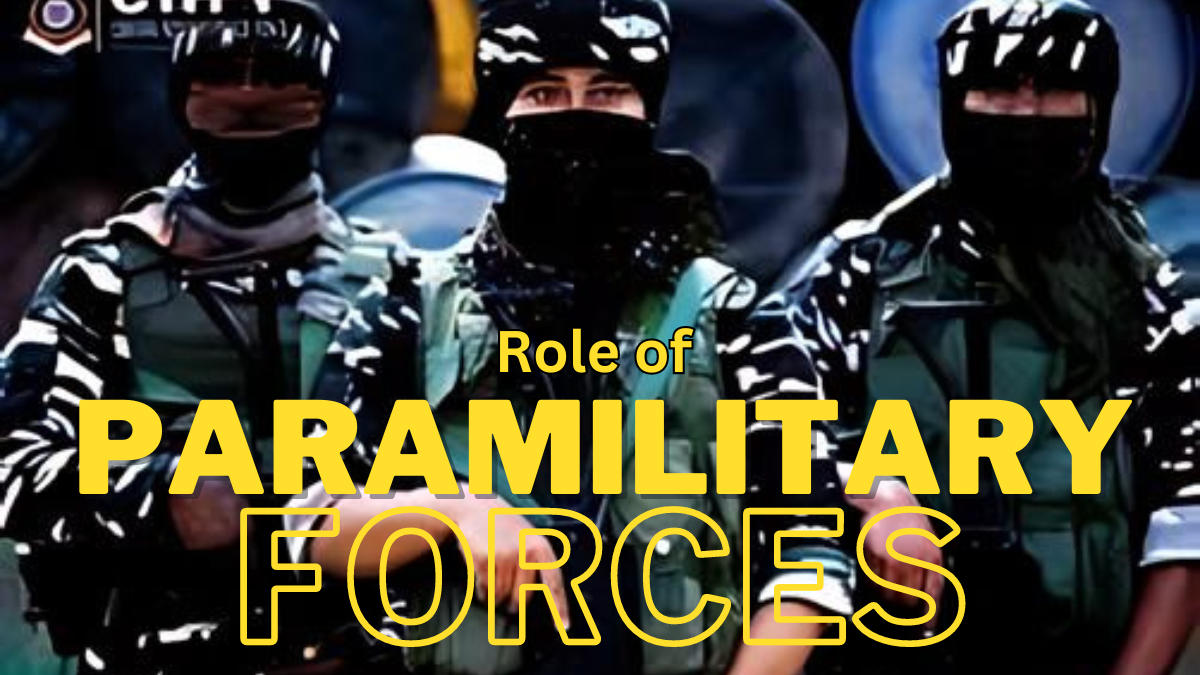

 CDS Exam Pattern 2025, OTA, IMA, INA and...
CDS Exam Pattern 2025, OTA, IMA, INA and...
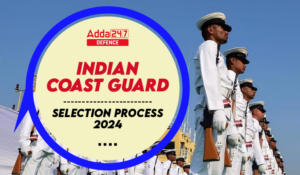 Indian Coast Guard Navik Selection Proce...
Indian Coast Guard Navik Selection Proce...
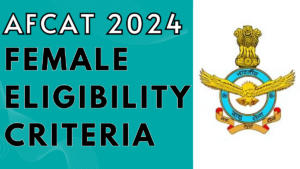 AFCAT Females Eligibility Criteria, Know...
AFCAT Females Eligibility Criteria, Know...

